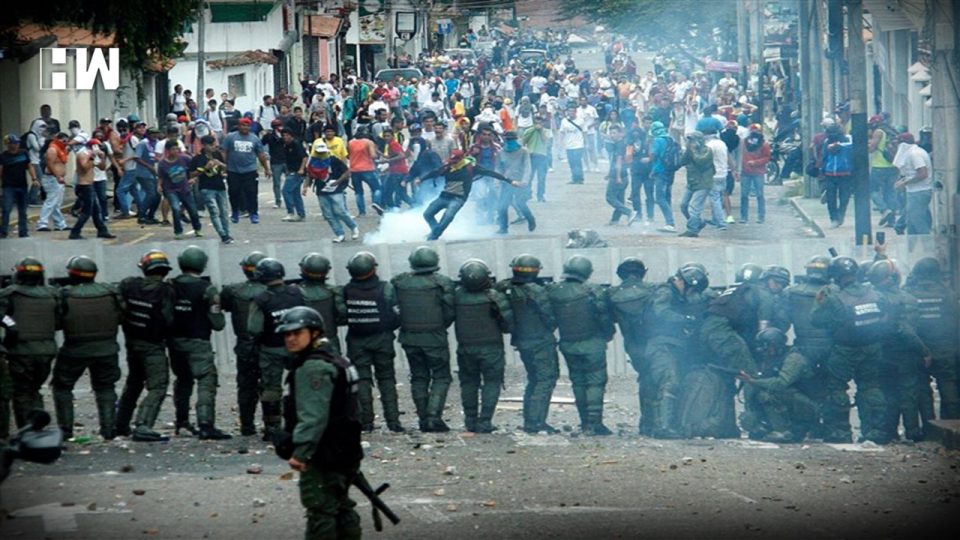Geneva | Nearly 7,000 people have been killed during security operations in Venezuela in the past year and a half, the UN said Thursday, warning that many of the killings likely constituted “executions”.
In a fresh report, UN High Commissioner for Human Rights Michelle Bachelet said the Venezuelan government had registered at least 6,856 killed in alleged confrontations with state forces since the beginning of 2018.
“The incidence of alleged extrajudicial killings by security forces… has been shockingly high,” Bachelet’s office said in a statement.
Last year, the government registered 5,287 killings, purportedly for “resistance to authority” during such operations, between January 1 and May 19 this year, another 1,569 similar killings were registered, according to the report.
The numbers were provided by the Venezuelan government to the UN rights office in response to a request made following a visit to the country by a technical team in March, spokeswoman Ravina Shamdasani told AFP, adding that this was the first time the UN had published the figures.
The UN rights chief, who herself visited Venezuela last month, warned in her report that “there are reasonable grounds to believe that many of these killings constitute extrajudicial executions committed by the security forces.”
The report, which Bachelet is set to present to the UN Human Rights Council in Geneva on Friday, especially pointed a finger at Venezuela’s police special forces (FAES).
The Office of the High Commissioner for Human Rights (OHCHR) “is concerned that the authorities may be using FAES, and possibly other security forces, as part of a policy of social control,” the report said.
“These killings warrant immediate investigation to ensure accountability of perpetrators and guarantees of non-recurrence,” the report said, urging Caracas to “dissolve FAES.”
And Bachelet called on the government to “establish an impartial and independent national mechanism, with the support of the international community, to investigate extrajudicial executions during security operations, ensure accountability of perpetrators and redress for victims.”
Thursday’s report also decried a wide range of other grave rights violations in Venezuela, which is caught in an economic crisis and a political standoff between President Nicolas Maduro’s government and National Assembly leader Juan Guaido.
The opposition leader, Guaido, declared himself interim president earlier this year, and has been recognised by the United States and more than 50 other countries.
The oil-rich country is also suffering from hyperinflation and shortages of basic goods from food to medicine, a crisis that has forced millions to flee.
The report concluded that “there are reasonable grounds to believe that grave violations of economic and social rights, including the rights to food and health, have been committed in Venezuela.”
It also said that “as the economic crisis deepened, the authorities began using social programmes in a discriminatory manner, based on political grounds, and as an instrument of social control.”
The report meanwhile found that sanctions imposed on Venezuela, while not responsible for the country’s woes, were “exacerbating further the effects of the economic crisis, and thus the humanitarian situation.”
Thursday’s report charged that Venezuela’s government over the past decade, and especially since 2016, had implemented a strategy “aimed at neutralising, repressing and criminalising political opponents and people critical of the government.”
In the statement, the rights office pointed to a series of laws, policies and practices in Venezuela that it said had “restricted the democratic space, dismantled institutional checks and balances, and allowed patterns of grave violations.”
The report noted that as of May 31 this year, 793 people remained in arbitrary detention in the country, and that so far this year 22 members of parliament, including Guaido, had been stripped of their parliamentary immunity.
As an independent media platform, we do not take advertisements from governments and corporate houses. It is you, our readers, who have supported us on our journey to do honest and unbiased journalism. Please contribute, so that we can continue to do the same in future.

